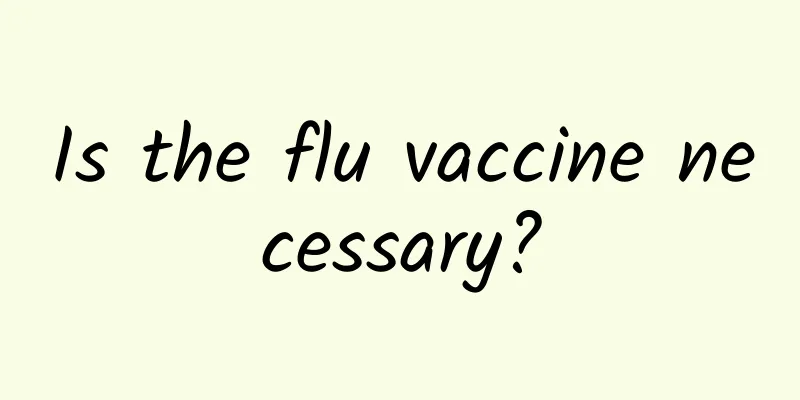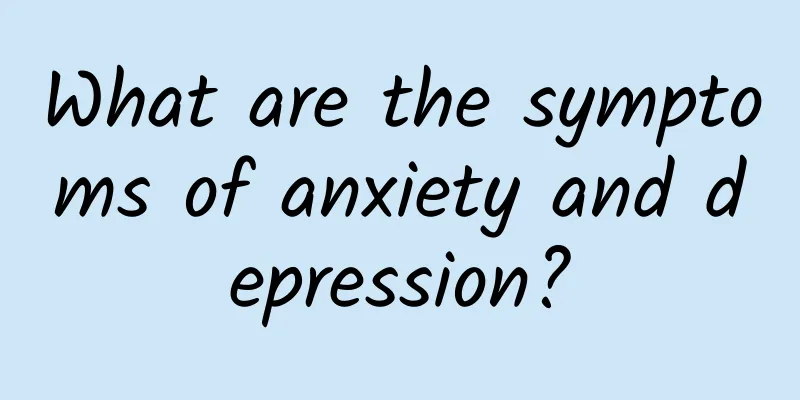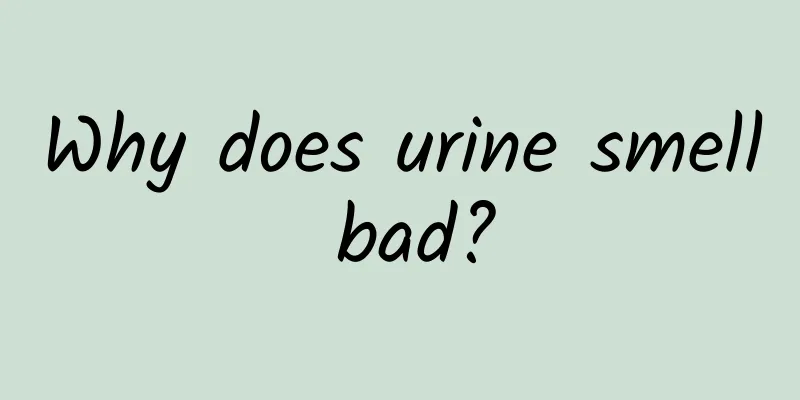My heartbeat is a little slow, what's going on?

|
Generally speaking, a normal person's heart rate per minute will remain stable within a certain range. A heart rate higher or lower than this range is abnormal, and usually means that the person may be suffering from a disease. For heart patients, rapid heartbeat and shortness of breath are common phenomena. Some people have a slower than normal heart rate. So, what exactly is going on when a person’s heartbeat is a little slow? What causes a slow heartbeat? Sinus bradycardia can be divided into pathological and physiological types. Physiological sinus bradycardia is a normal phenomenon. The general heart rate and pulse are 50 to 60 beats per minute. Athletes may have a heart rate of 40 beats per minute. No treatment is required. It is common in normal people during sleep and those who engage in more physical activities. A heart rate or pulse of less than 50 beats is mostly pathological and requires treatment. In severe cases, a pacemaker may be installed to speed up the heart rate. 1. For people who do not have heart discomfort, the pulse is between 50 and 60 beats per minute. This sinus bradycardia is mostly physiological, that is, it is a normal phenomenon. There is no need to worry about it affecting your health and no treatment is required. 2. For people who have heart discomfort, pay attention to counting the pulse rate when you are calm, and then count the pulse rate when you feel heart discomfort. If the pulse rate is lower than usual every time you feel uncomfortable, it means that your discomfort is caused by bradycardia and you need treatment. In severe cases, you need to install a pacemaker to speed up your heart rate. You can also check your 24-hour electrocardiogram to see what your heart rate is at its slowest. If the speed of your heartbeat has nothing to do with heart discomfort and your pulse is between 50 and 60 beats per minute, you do not need to treat your bradycardia, but you do need to do other tests to confirm whether you have heart disease. The first is vagal hyperactivity, a nerve center in the medulla oblongata of the brain that regulates cardiovascular activity. This center can both inhibit and accelerate the heartbeat. The vagus nerve is the nerve fiber emitted by this center that controls functions such as heartbeat. When the vagus nerve is excited, its endings can release a substance called "acetylcholine", which has an inhibitory effect on the heart and slows down the heartbeat. The bradycardia and heart rhythm caused by "hyperthermia" are mostly regular. Although the heartbeat is slow, it is rarely lower than 30-40 beats per minute. It can occur in normal people, including the elderly. The second type of slow heartbeat is called "sick sinus syndrome", abbreviated as "sick sinus". This is a pathological heart manifestation, and its pathological changes mainly occur in the pacemaker of the heartbeat - the sinoatrial node. The sinoatrial node cannot send impulses well or sends impulses late. Common causes are coronary heart disease, cardiomyopathy and degenerative lesions of the cardiac conduction system in the elderly. Patients with "sick sinus" have a very slow heartbeat, sometimes only 30-40 beats per minute. The third type is slow heartbeat caused by severe atrioventricular block, that is, the impulse wave originally sent by the pacemaker sinoatrial node cannot be transmitted to the atrioventricular node and is blocked. At this time, the ventricles have to compensate by sending impulses themselves, so the heartbeat is very slow. Once complete atrioventricular block occurs, the heart beats less than 20 times per minute, and the brain blood supply is directly affected by the obvious decrease in cardiac output, causing dizziness, even syncope and convulsions. This is a severe attack of Asperger's syndrome. The causes of severe conduction block are mostly organic diseases of the heart itself, such as coronary heart disease, myocardial disease or severe late changes in certain heart diseases. In short, when the heartbeat is slow, the main causes should be considered, such as "hypertension", "sick sinus syndrome" and severe conduction block. A detailed medical history and electrocardiogram can also be used to find the cause of the slow heartbeat, so that treatment can be targeted at the cause. |
<<: What causes fever and rapid heartbeat?
>>: What to do if your child has a fever and a fast heartbeat
Recommend
Effects of golden needle flower root
Many people don’t know much about day lily, but w...
Will the expanded body be absorbed?
The height of the nose determines the three-dimen...
Can I do moxibustion at night?
Although moxibustion, a traditional Chinese medic...
Can I drink saffron while breastfeeding?
Saffron, as the name suggests, is a very common f...
Methods of supplementing estrogen in traditional Chinese medicine
Generally speaking, we don't need to intentio...
What are autoimmune diseases?
Autoimmune diseases are relatively common in dail...
Cistanche deserticola for treating impotence
As society develops, people face too many temptat...
What is the correct way to eat Cordyceps sinensis?
Many friends will consider Cordyceps sinensis whe...
How to remedy if pregnant women eat preserved eggs
For pregnant women, try not to eat preserved eggs...
What are the functions and effects of Achyranthes bidentata?
Have you ever paid attention to and learned about...
Why men can't live without sex
For adult men, moderate sex life is good for the ...
What medicine should I take if I have liver toxins?
The liver is the reading organ in our body, and b...
When is the best time to drink compound donkey-hide gelatin to see its effect?
Compound donkey-hide gelatin syrup is a medicine ...
How to prevent and first aid hypoglycemia shock
Hypoglycemic shock is a coma caused by low blood ...
Six blood-enriching Chinese medicine recipes for traditional Chinese medicine health preservation
Milk 100 grams of polished japonica rice, 250 gra...









